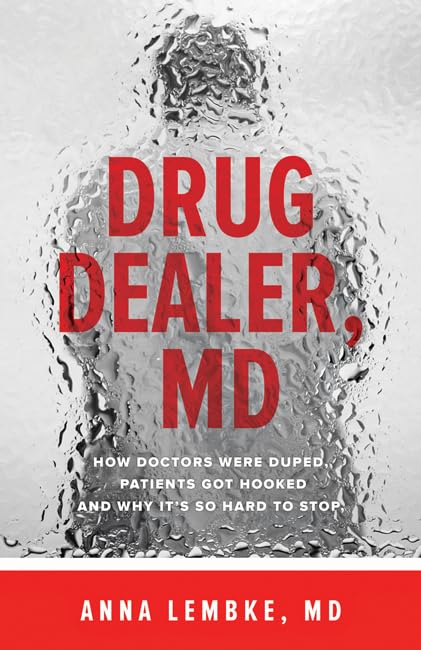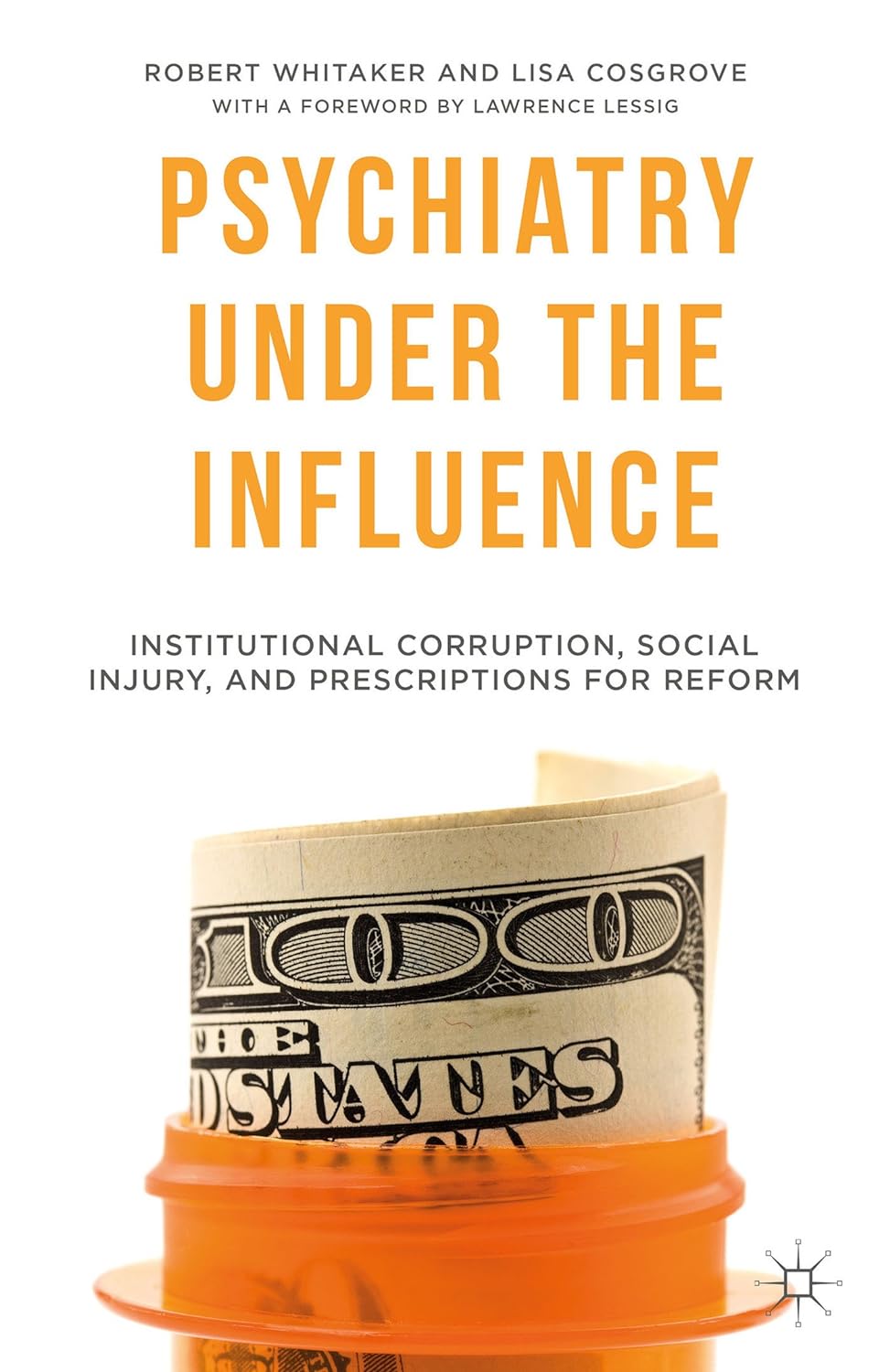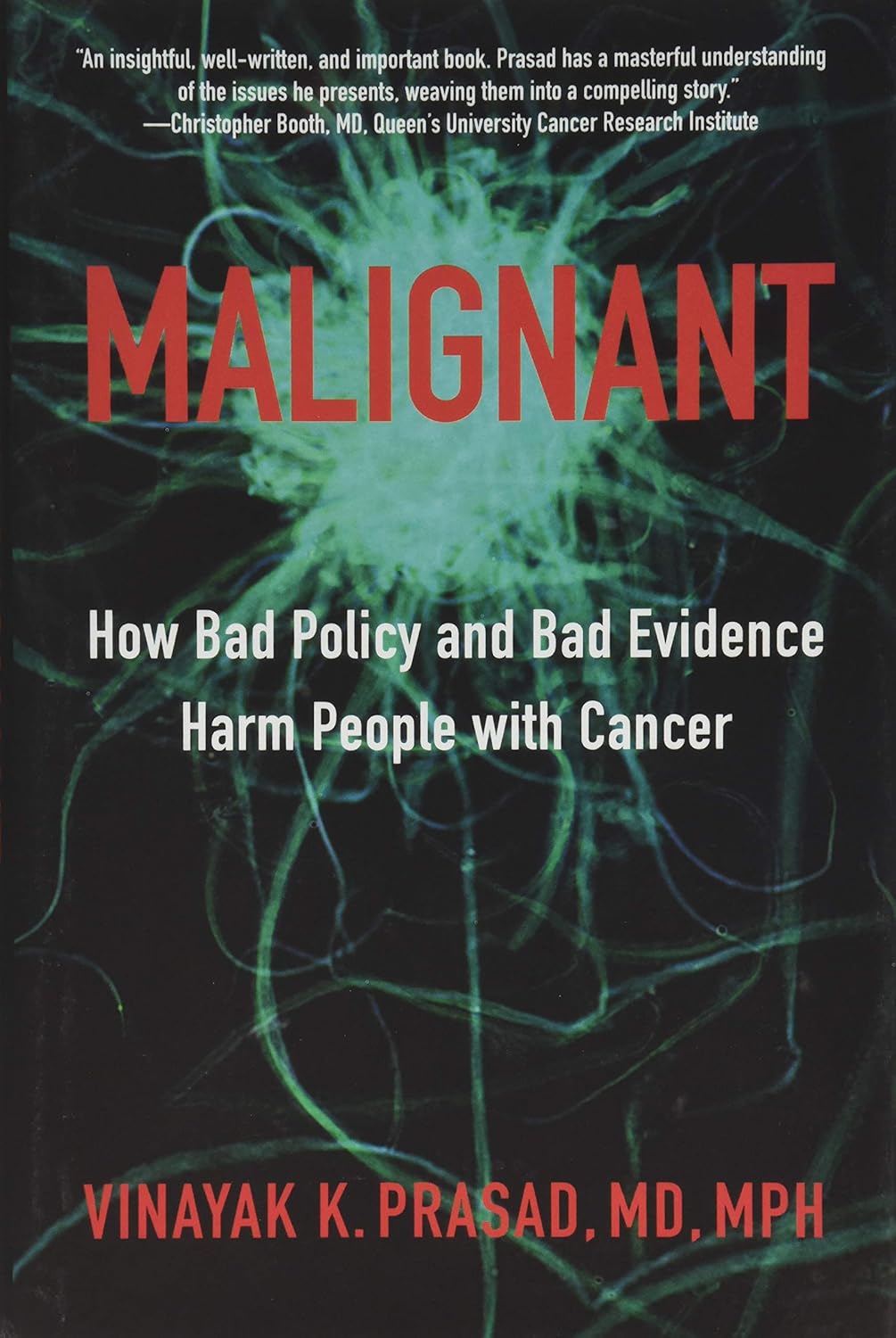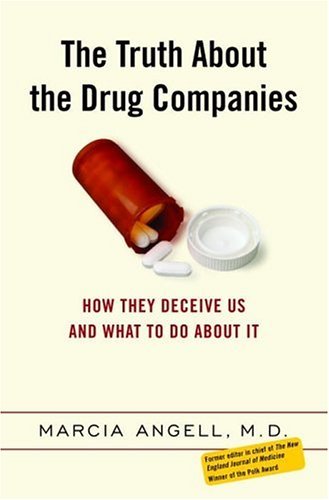- Last edited on February 1, 2024
Pharmaceutical Industry Influence
Primer
Pharmaceutical Industry Influence is an important issue that all healthcare providers must be aware of. Unforunately, there is often little education on this during formal training. In psychiatry, the pharmaceutical industry and psychiatry have been inextricably tied together since the beginning of the psychopharmacology revolution in the 1950s. It should be noted that pharmaceutical industry influence is pervasive and not limited to psychiatry.
Opioids
In the early 1990s, pharmaceutical companies began heavily marketing opioid medications, pushing doctors to prescribe opioids and to treat pain as the “fifth vital sign.” Even though evidence was beginning to go against this, pharmaceutical companies nonetheless continued to push for heavy marketing of opioids.[1] As physicians and journals began to accept this marketing, they also began to cite incorrect evidence in prominent medical journals such as the New England Journal of Medicine, building misinformation and further driving opioids into the healthcare system.[2]
Antidepressants
Discoverer of the First Neuroreceptor on SSRIs
“I am alarmed at the monster that Johns Hopkins neuroscientist Solomon Snyder and I created when we discovered the simple binding assay for drug receptors 25 years ago … The public is being misinformed about the precision of these selective serotonin-uptake inhibitors when the medical profession oversimplifies their action in the brain and ignores the body as if it exists merely to carry the head around!”– Dr. Candace B. Pert (discoverer of the first neuroreceptor, the opioid receptor[3]) Letter to the Editor of TIME Magazine, October 20, 1997
Unpublished Data
Paroxetine
Whistleblowers
Stimulants
Father of Modern Conceptualization of ADHD on Current Diagnosis and Treatment of the Condition
“The numbers make it look like an epidemic. Well, it’s not. It’s preposterous … This is a concoction to justify the giving out of medication at unprecedented and unjustifiable levels.”– Dr. Keith Conners,[5] child psychologist and father of the modern conceptualization of ADHD. (From: New York Times: The Selling of Attention Deficit Disorder)
Second Generation Antipsychotics
Olanzapine
The advent of second-generation antipsychotics led to concerns that it placed patients at an increased risk for metabolic syndrome. These concerns were initially played off and attributed to an innate risk between diabetes and schizophrenia.[6] However, evidence continued to increase, and there have been multiple lawsuits in the US over Eli Lilly's lack of disclosure over the metabolic side effects of olanzapine.[7]
Quetiapine
Seroquel was initially approved only for schizophrenia and bipolar disorder, but its off-label use became pervasive, from depression to insomnia to ADHD. It reached up to $4.5 billion in sales during its height, and became one of the most commonly prescribed medications in the world. A major lawsuit was fought over whether weight gain data was hidden from physicians and patients by AstraZeneca.[8][9]
– AstraZeneca publications manager (Internal email, December 1999).[10]
Pediatric Bipolar Disorder
Cardiac Medications
Cancer Medicine
The Olivieri Affair
The David Healy Affair
Advertising
Regulatory Capture
Regulatory capture is an economic theory that describes how regulatory agencies (such as the Federal Drug Administration) may come to be dominated by the interests (pharmaceutical companies) they regulate and not by the public interest. The result is that the agency instead acts in ways that benefit the industry it is supposed to be regulating.
– Dr. Marcia Angell, Drug Companies & Doctors: A Story of Corruption



